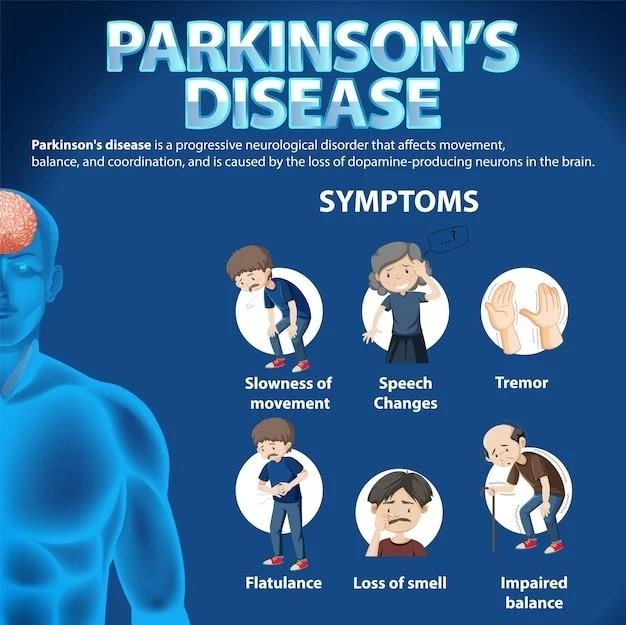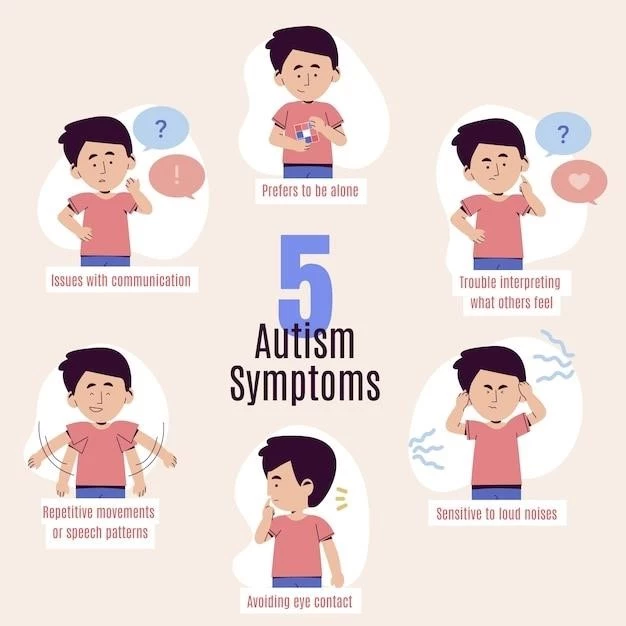Learn about Collins-Sakati Syndrome‚ a rare genetic disorder‚ its causes‚ symptoms‚ diagnosis‚ and more.
Description⁚
Collins-Sakati Syndrome is a rare genetic disorder characterized by intellectual disability‚ growth delays‚ facial abnormalities‚ and genital anomalies. Understanding the syndrome’s clinical features can help in early identification and management. Seek medical advice for proper assessment.
Understand the genetic mutation associated with Collins-Sakati Syndrome for better insight and management.
Genetic Mutation⁚
Collins-Sakati Syndrome is caused by mutations in the MLL2 gene. These mutations affect the body’s development‚ leading to the characteristic features of the syndrome. It’s vital to consult a genetic counselor for understanding the implications of genetic mutations and their impact on the individual’s health.
Recognize the physical and developmental symptoms associated with Collins-Sakati Syndrome for timely intervention.
Physical and Developmental Symptoms⁚
Individuals with Collins-Sakati Syndrome may experience intellectual disability‚ growth delays‚ distinctive facial features‚ hearing loss‚ and heart defects. Understanding these symptoms is crucial for comprehensive care and support. Collaborate with healthcare providers for a tailored management plan that addresses the specific needs of the individual.
Explore diagnostic procedures for Collins-Sakati Syndrome to facilitate accurate identification and treatment.
Diagnostic Procedures⁚

Diagnosing Collins-Sakati Syndrome involves genetic testing‚ physical examinations‚ imaging studies‚ and developmental assessments. Genetic testing plays a key role in confirming the diagnosis. Collaborate with a healthcare team experienced in rare genetic disorders for accurate diagnosis and personalized care planning tailored to the individual’s needs.
Explore effective management approaches for Collins-Sakati Syndrome to enhance quality of life.
Management Approaches⁚
Management of Collins-Sakati Syndrome focuses on addressing individual symptoms and providing supportive care. Multidisciplinary teams may include pediatricians‚ geneticists‚ therapists‚ and educators to create personalized treatment plans. Early intervention programs‚ therapies‚ and educational support can improve outcomes. Stay informed about available resources and services for comprehensive care.
Understand the long-term impact of Collins-Sakati Syndrome to plan for ongoing care and support.
Long-Term Impact⁚
The long-term impact of Collins-Sakati Syndrome can vary among individuals‚ affecting physical‚ developmental‚ and educational aspects. Ongoing medical monitoring‚ early intervention‚ and support services can help manage challenges and promote well-being. Stay connected with healthcare providers and specialists to ensure comprehensive care and optimize the long-term outcomes for individuals affected by the syndrome.
Stay informed about the latest research advances in understanding Collins-Sakati Syndrome for updated knowledge.
Recent Discoveries⁚
Ongoing research in Collins-Sakati Syndrome has led to advancements in understanding the underlying genetic mechanisms‚ potential targeted therapies‚ and improved management strategies. Stay connected with scientific developments and consult with healthcare providers to explore emerging treatment options. Join support groups and research networks to access the latest information and connect with experts in the field.
Discover community support and resources available for families affected by Collins-Sakati Syndrome.
Community Support⁚
Joining support groups‚ online forums‚ and local networks can provide valuable emotional support‚ information sharing‚ and connections with other families facing similar challenges related to Collins-Sakati Syndrome. Additionally‚ accessing resources such as educational materials‚ financial assistance programs‚ and counseling services can help navigate the journey effectively. Engage with healthcare professionals‚ advocacy organizations‚ and community services to build a strong support system for you and your family.
